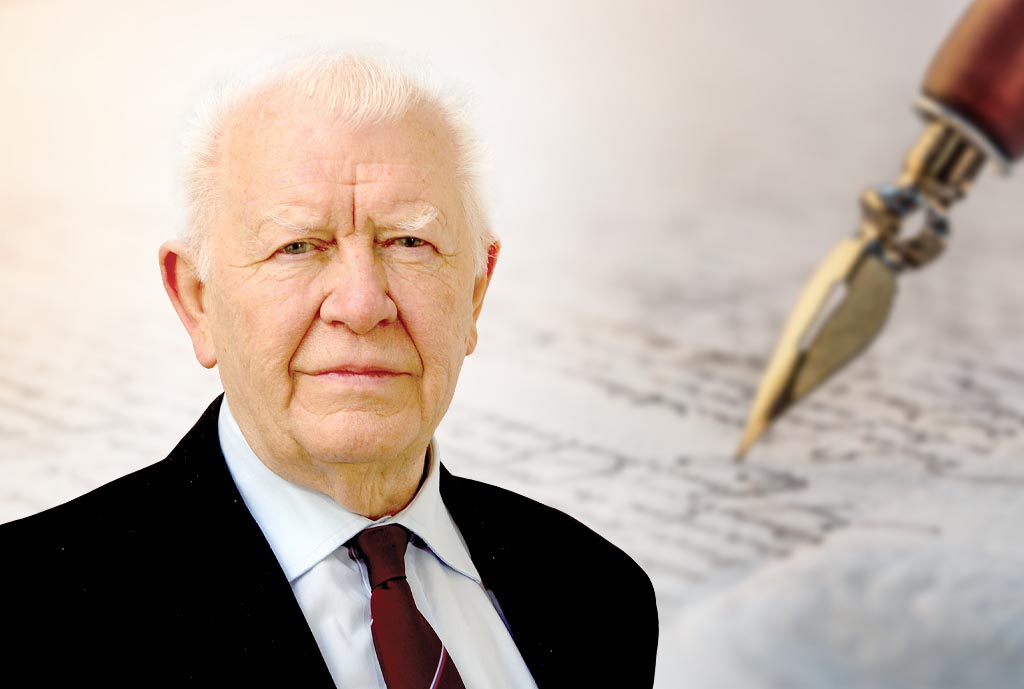By: Keith Miles
We have heard over the years the constant stream of abuse by the use of the phrase ‘hard right’ by the left, the hard left and their fellow travellers against any party or faction that is even a millimetre right of centre.
However the rising right of centre parties are a mixed group and comparisons between them is not particularly easy.
The parties that have risen are in Italy, Sweden, Finland, and Holland. Already in the same group are the right in France and the right in Austria, Hungary and Poland.
It is surprising that even a moderate left leaning magazine such as The Economist refers to what should be called patriotic parties as ‘The hard right’. The real hard right are parties such as the National Democratic Party in Germany. Reconquete in France, Hard Line in Denmark,Golden Dawn and National Party – Hellenes in Greece, Our Homeland Movement in Hungary, National Party in Ireland, Greater Romania Party in Romania, Kotleba in Slovakia,, La Falange in Spain, Swedish Resistance in Sweden, and National Front in the UK.
To put parties such as Fidesz in Hungary, Law and Justice in Poland. Brothers of Italy and The League in Italy, Freedom Party in Austria, Finns Party in Finland, National Rally in France, Alternative for Germany in Germany, Party for Freedom in The Netherlands, the Slovene Democratic Party in Slovenia, Swedish Democrats in Sweden, and The Swiss People Party in Switzerland in a catch all description of hard right tells you more about the users of the phrase than about those patriotic parties.
Many of the the patriotic party group are not only often lumped together with the real hard right but are also often referred to as fascist.
All the patriotic parties are democratic and believe in the nation state. They naturally put their own people first, those who voted for them which is truly democratic. This of course puts them against the real extremists who want the European Union to develop into a vast Empire and who would like the individual nations to just become regional municipalities. Some of the smaller countries are virtually that anyway and the recent proposal the Belgian EU-fanatic Verhofstadt for sweeping reforms that will enforce majority voting in the EU for defence, tax and foreign policy, and virtual abolition of any national vetoes will make municipalisation certain. The patriotic parties all therefore have a degree therefore of euro-scepticism and a natural antipathy to elitism of the kind that takes democratic power away from the people.
They also tend to object to excessive regulation and over-burdening taxation both of which put more control in the hands of bureaucratic elites. These elites by the way are not on top because of superior performance by education or training in the real meaning of the word but because they exercise power without proper democratic control. They are often ‘grey men and women behind the scenes’.
The recent rise in popularity of the patriotic parties particularly in The Netherlands and Scandinavia, traditionally very democratic societies should be a warning to the centralising bureaucracy in Brussels. The UK voted to leave more from a democratic control point of view than from any financial benefit. Although the economic performance of the UK since leaving has not been negative and horizons in many areas are opening up.
General de Gaulle is reputed to have said:
‘Patriotism is when love of your own people comes first; nationalism, when hate for people other than your own comes first’.
This is the difference between the patriotic and democratic parties of the right and the nationalist parties of the hard right.

